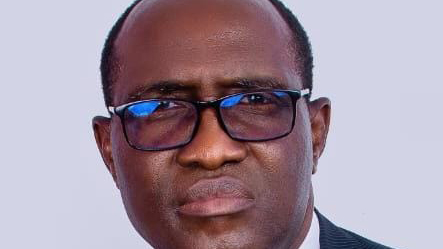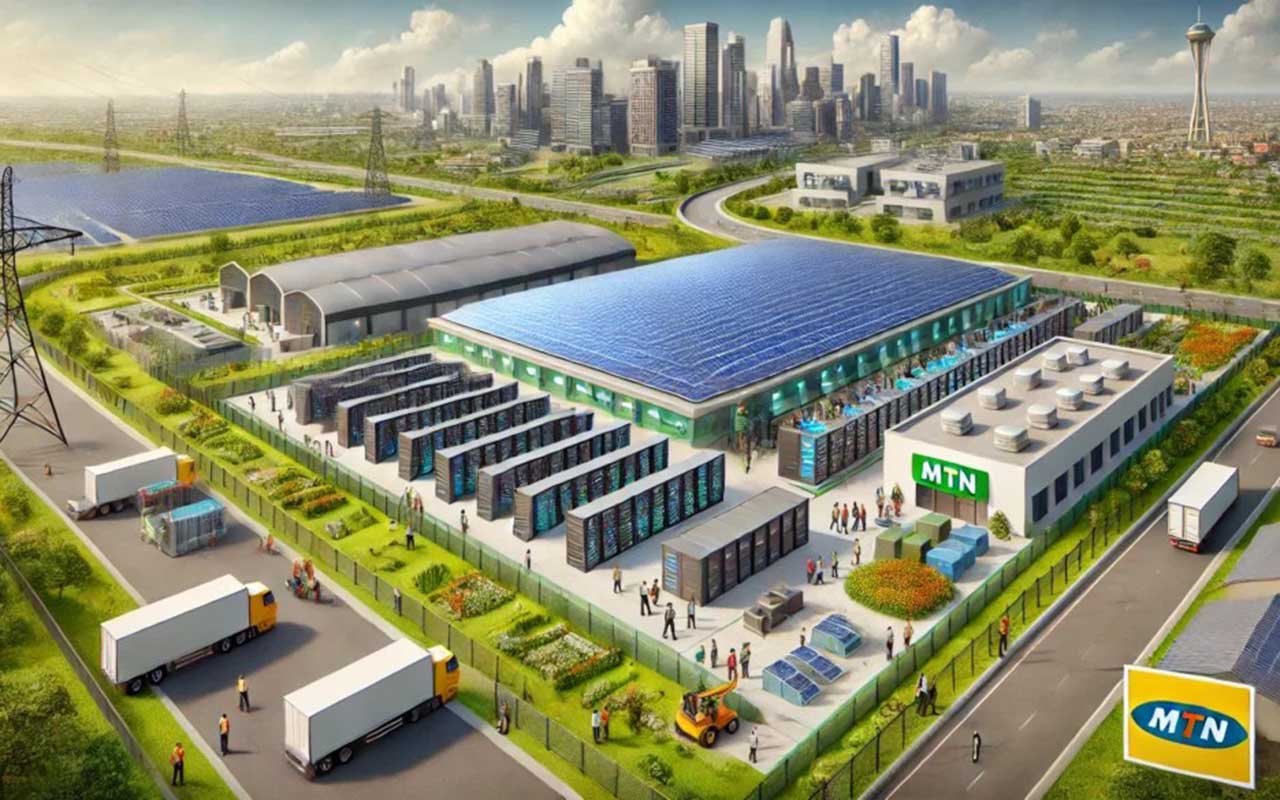
A new report by Lagos-based real estate research and data firm, Estate Intel has revealed that commercial development activity in Lagos State declined by 11 per cent year-on-year in the past year due to highest recorded inflation rate, and weakening currency in the country.
The report entitled: ‘2024 Lagos Real Estate Development Pipeline Report’ indicated that the office sector recorded a slight increase in its development pipeline at 16.25 per cent of total stock compared to 14 per cent in 2022.
It noted that 13 per cent of the pipeline is nearing completion, and is expected to impact occupancy, particularly in the prime real estate segment of the market with key nodes like Ikoyi and Victoria Island expecting 75 per cent of the supply by 2025.
Senior Analyst, Estate Intel, Dapo Runsewe, said the Lagos office market is bracing macroeconomic headwinds, as rents have been subdued amid concessions to maintain occupancies.
However, he said as companies opt to downsize or exit the market altogether, occupancy rates are being impacted, notably, Microsoft and Meta, occupiers of Kings Tower recently opted to reduce their occupied space as they downsized their country operations.
The report said the retail sector continues to be subdued with the bulk of development activity driven by hypermarkets and neighbourhood supermarkets, adding that the larger retail developments make up 70 per cent of the pipeline, which is currently on hold. It noted that the 30,000m2 Orca Mall is the only project in active construction over 10,000m2 and the first project of this size to be undertaken in two years.
“As macro conditions continue to erode consumer’s purchasing power, formal retail malls have stayed resilient and maintained healthy occupancy rates at an average of 86 per cent as at Q1: 2024. However, we’re seeing increasingly reduced footfalls in the malls outside of the festive season,” Runsewe said.
The report explained that the hospitality sector remains the best-performing sector of 2023 with a 35 per cent increase in Average Daily Rates (ADR) compared to 2022, while the pipeline grew to 38 per cent of total stock; the sector’s outlook stays positive as the limited imminent supply creates a balanced market.
Trevor Ward of W Hospitality Group, said: “The recovery and resilience of the Lagos hotel market is remarkable, it has outperformed most of the other cities globally, in terms of both demand and pricing. By the end of 2022, both ADR and average revenue per available room (RevPAR) has surpassed pre-pandemic market performance.
“Increased demands, and little additional supply, have resulted in pricing power on behalf of hotel managers, with no great resistance from the market, as increasing prices across the board are a fact of life”.
The report further observed that the data centres continue to register the highest level of interest from investors, driven by surging demand for digital infrastructure across the continent with supply expected to reach 200MW by 2025.
In addition, it revealed that despite recent exits by multinational companies, the industrial sector is one to be optimistic about as domestic demand continues to drive transaction activity.
“The residential sector, particularly the low-to-middle segment continues to exhibit unparalleled demand as the existing pipeline estimated at 33,000 units’ falls short of Lagos’ housing deficit estimated at 2.3 million units as the government undertakes mass housing projects to address this.






